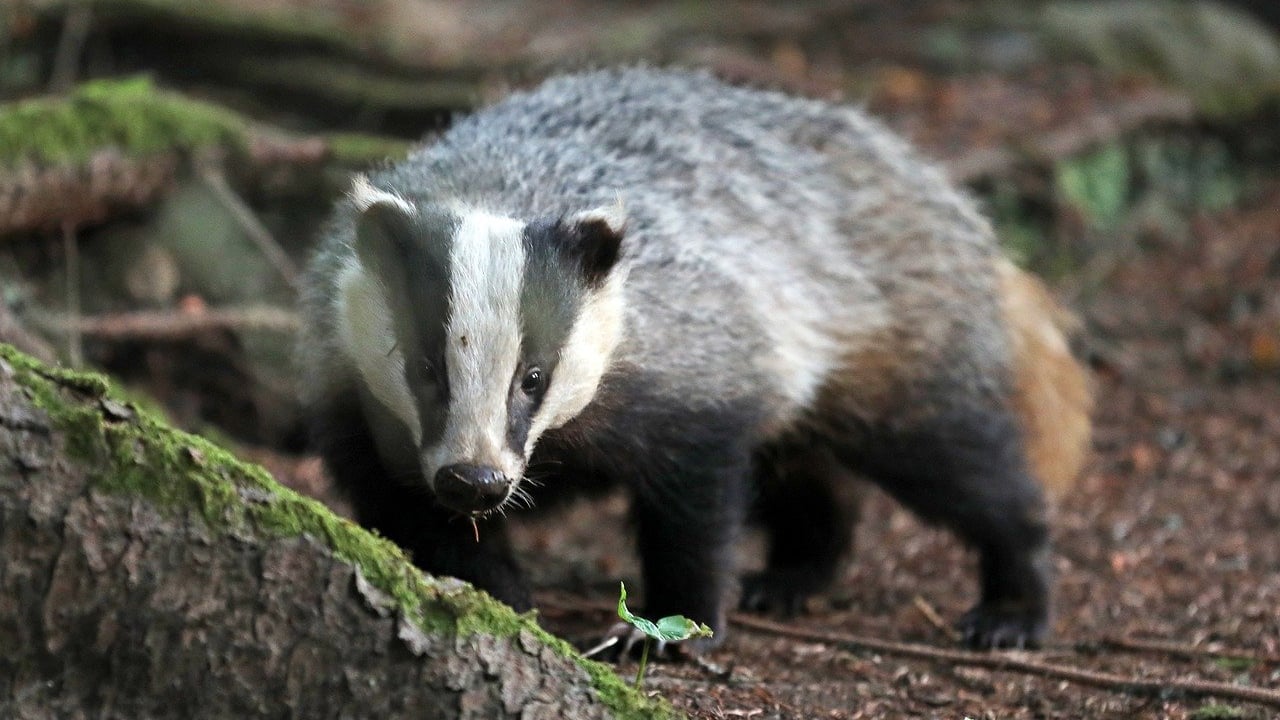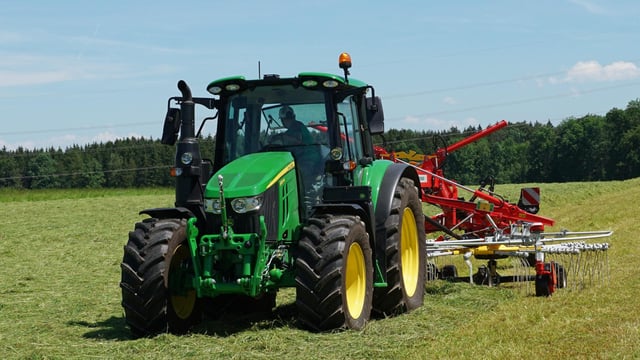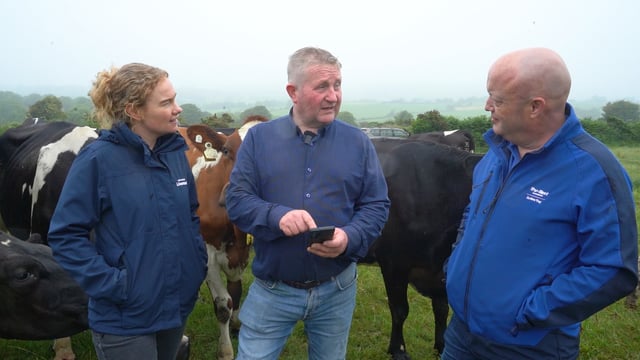McConalogue: Badgers caught using 'stopped body restraints'
The Minister for Agriculture, Food and the Marine has confirmed that badgers are captured using 'stopped body restraints' in relation to the national TB (bovine tuberculosis) eradication programme.
In response to a parliamentary question Minister Charlie McConalogue said badgers were captured under regulations set out in the Wildlife Act 1976.
These regulations dictate that a "stopped body restraint" must comply with the following conditions:
- It is made of multi-strand steel wire 3 mm in width;
- It incorporates a swivel to facilitate twisting;
- It is of a minimum length of 80 cm and intended to trap badgers in accordance with a licence granted for that purpose to the Department of Agriculture and Food;
- A metal runner is incorporated at one end of it which shall be 15mm by 3mm with 2 holes 4mm in diameter, a stop, a swivel and a “D” shackle; a ferrule is to act as the stop and is placed 32.5 cm from the end of the restraint to prevent strangulation;
- It is designed so that when it is used it will be securely tied to a fixed object.
In response to the parliamentary question tabled by the People Before Profit-Solidarity TD, Paul Murphy, Minister Charlie McConalogue, said that the "epidemiology of TB is complex and challenging".
Minister McConalogue also highlighted to Deputy Murphy that TB "is a persistent problem in cattle herds in Ireland, resulting in hardship for affected farmers and substantial ongoing national exchequer expenditure."
According to DAFM badgers have been shown "to play an important role in spreading TB to cattle in Ireland".
It has said that in order to "eradicate TB in cattle, it is therefore necessary to address the risk posed by TB in badgers".
In response to the parliamentary question Minister McConalogue also added: "Based on a large body of evidence over a number of years DAFM established a wildlife programme to reduce the density of badgers in areas of high TB prevalence.
"However, it is acknowledged that culling on its own is not sustainable as a long-term measure, and a vaccination programme has also been integrated into the DAFM Wildlife Programme.
"Badger vaccination is now an integral part of the Irish TB Eradication Programme."
He also detailed that scientific trials carried out between 2013 and 2017 show that vaccination is no less effective than culling.





